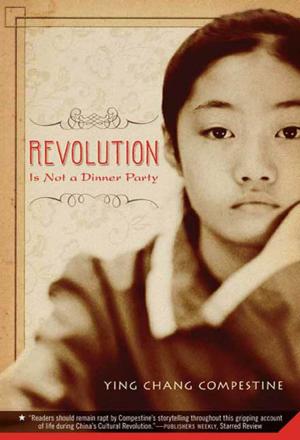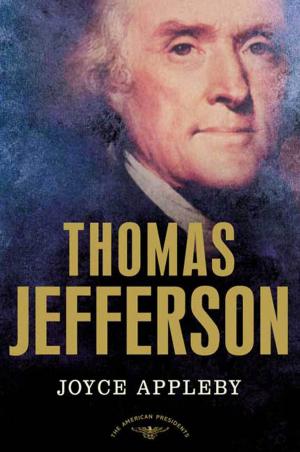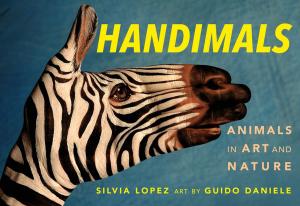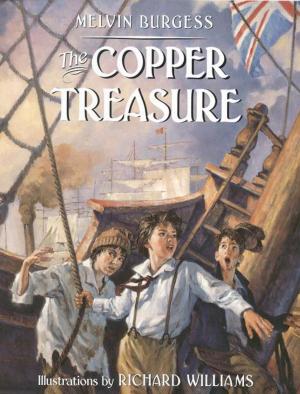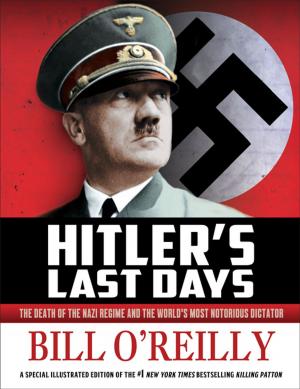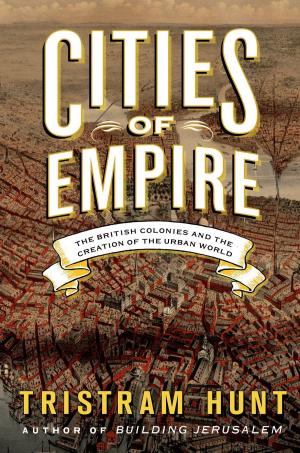Churchill's Empire
The World That Made Him and the World He Made
Nonfiction, History, British, Biography & Memoir, Political, Social & Cultural Studies, Political Science| Author: | Richard Toye | ISBN: | 9781429943352 |
| Publisher: | Henry Holt and Co. | Publication: | August 3, 2010 |
| Imprint: | Henry Holt and Co. | Language: | English |
| Author: | Richard Toye |
| ISBN: | 9781429943352 |
| Publisher: | Henry Holt and Co. |
| Publication: | August 3, 2010 |
| Imprint: | Henry Holt and Co. |
| Language: | English |
The imperial aspect of Churchill's career tends to be airbrushed out, while the battles against Nazism are heavily foregrounded.
A charmer and a bully, Winston Churchill was driven by a belief that the English were a superior race, whose goals went beyond individual interests to offer an enduring good to the entire world. No better example exists than Churchill's resolve to stand alone against a more powerful Hitler in 1940 while the world's democracies fell to their knees. But there is also the Churchill who frequently inveighed against human rights, nationalism, and constitutional progress—the imperialist who could celebrate racism and believed India was unsuited to democracy. Drawing on newly released documents and an uncanny ability to separate the facts from the overblown reputation (by mid-career Churchill had become a global brand), Richard Toye provides the first comprehensive analysis of Churchill's relationship with the empire.
Instead of locating Churchill's position on a simple left/right spectrum, Toye demonstrates how the statesman evolved and challenges the reader to understand his need to reconcile the demands of conscience with those of political conformity.
The imperial aspect of Churchill's career tends to be airbrushed out, while the battles against Nazism are heavily foregrounded.
A charmer and a bully, Winston Churchill was driven by a belief that the English were a superior race, whose goals went beyond individual interests to offer an enduring good to the entire world. No better example exists than Churchill's resolve to stand alone against a more powerful Hitler in 1940 while the world's democracies fell to their knees. But there is also the Churchill who frequently inveighed against human rights, nationalism, and constitutional progress—the imperialist who could celebrate racism and believed India was unsuited to democracy. Drawing on newly released documents and an uncanny ability to separate the facts from the overblown reputation (by mid-career Churchill had become a global brand), Richard Toye provides the first comprehensive analysis of Churchill's relationship with the empire.
Instead of locating Churchill's position on a simple left/right spectrum, Toye demonstrates how the statesman evolved and challenges the reader to understand his need to reconcile the demands of conscience with those of political conformity.



